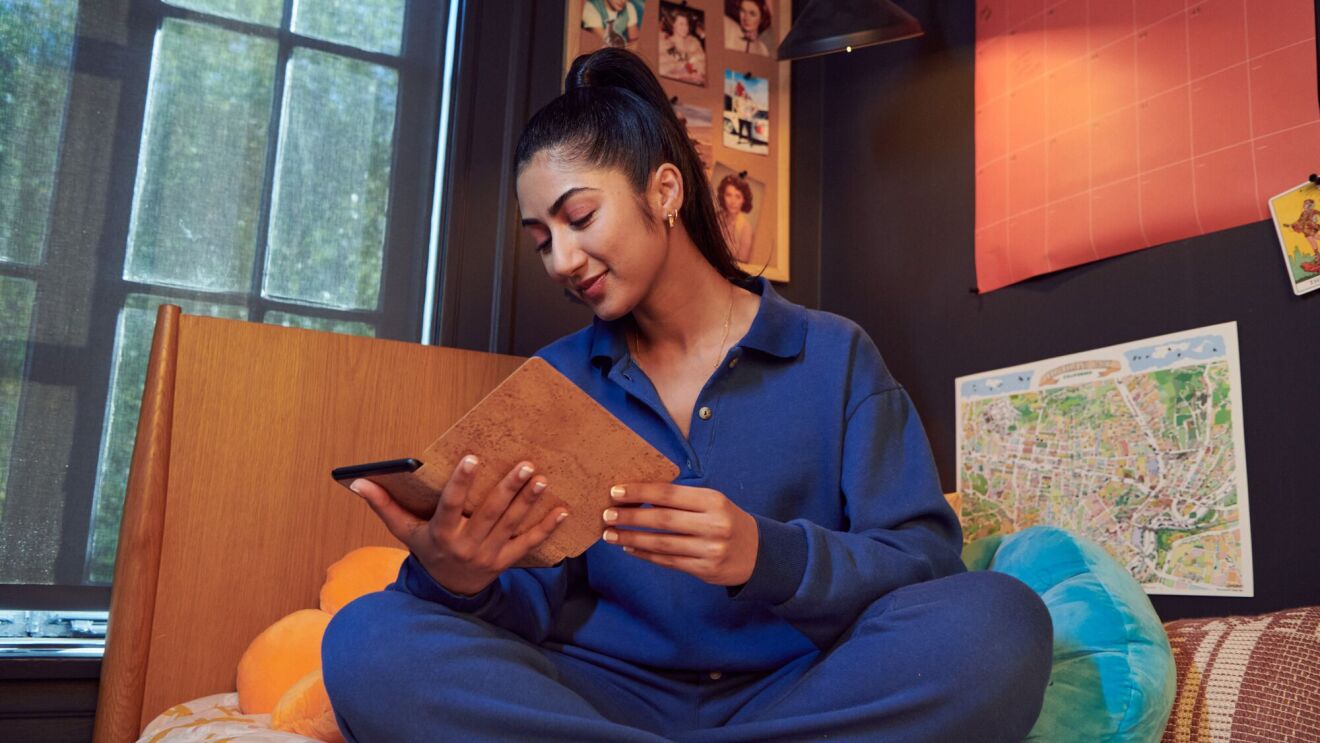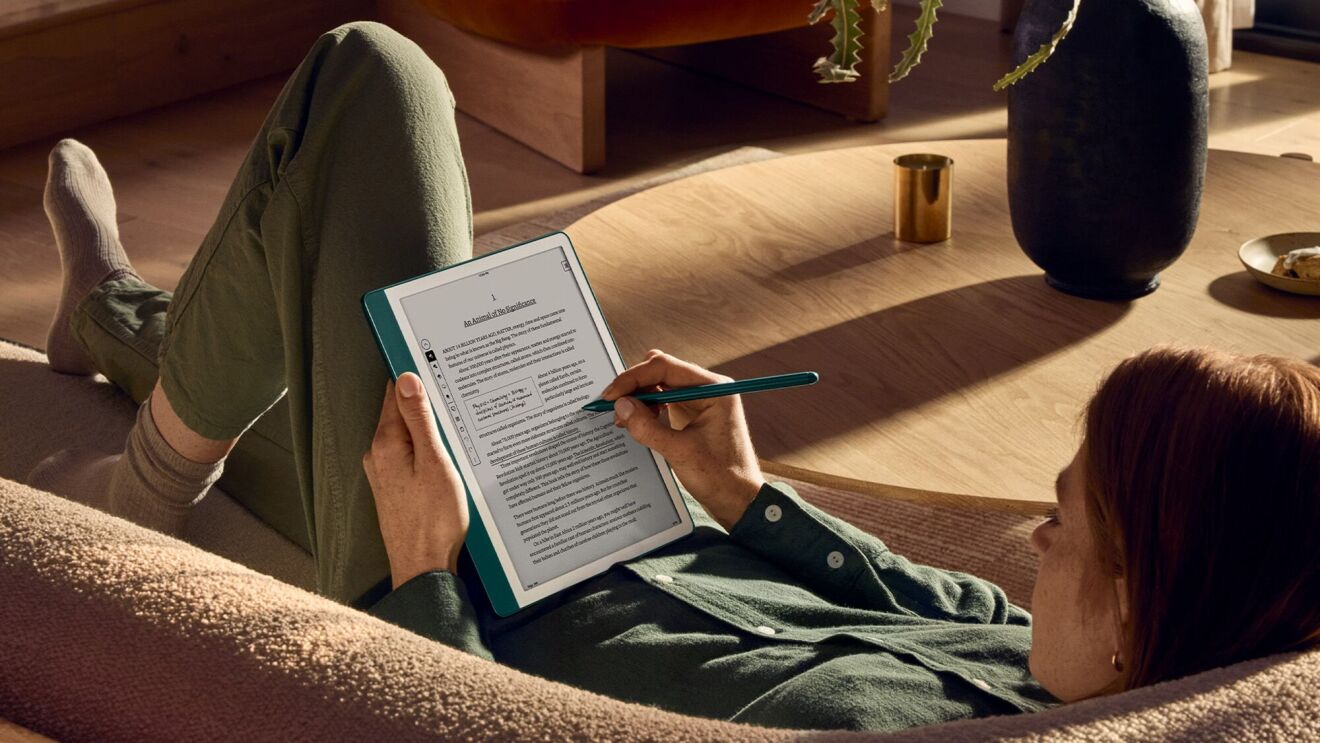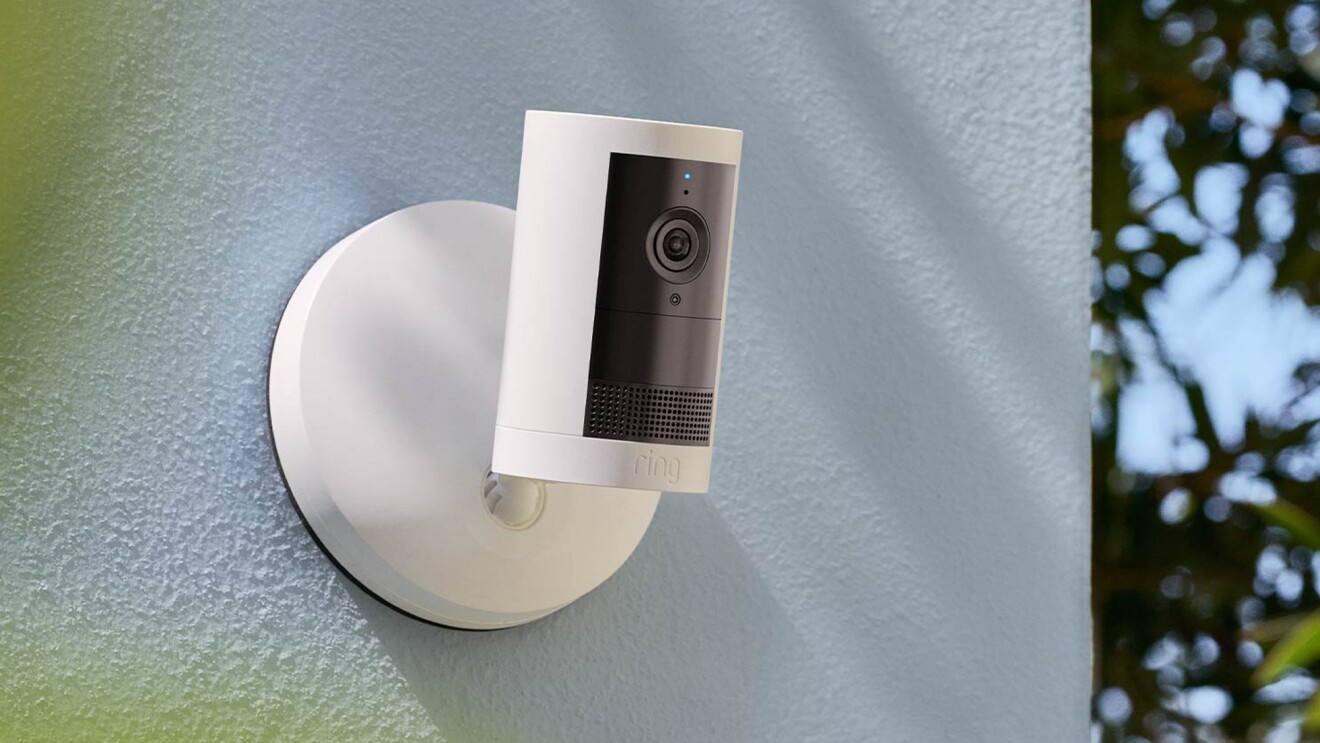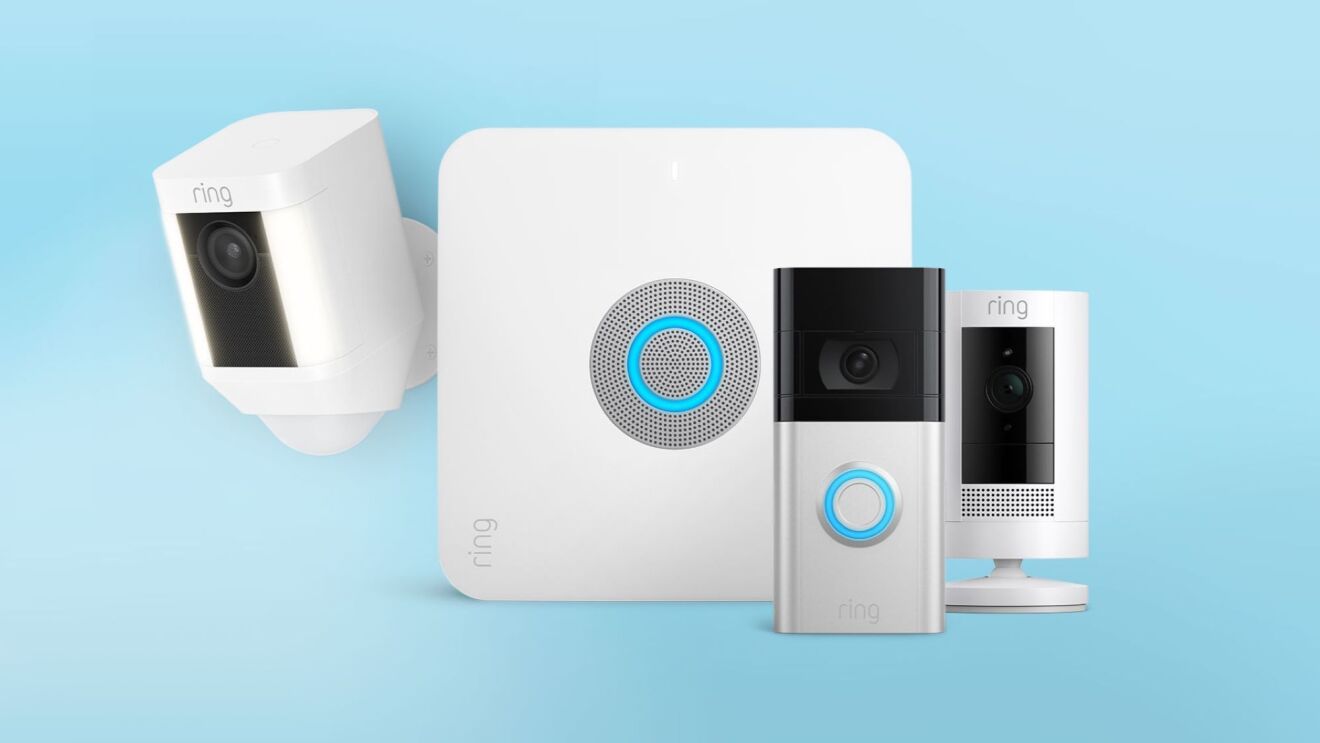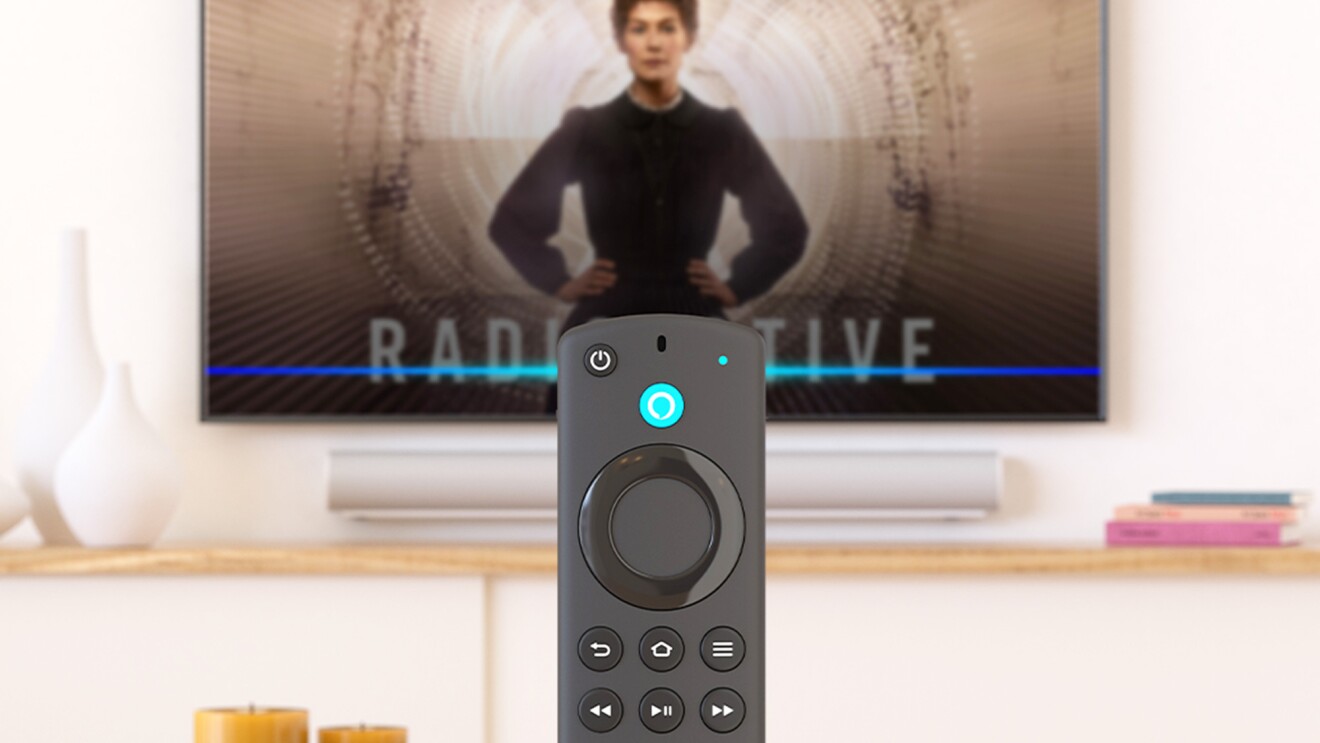Autism impacts more than 5 million people in the U.S. While it looks different for every person, the developmental disorder often affects a person’s skills in communication, self-regulation, and self-expression.
At 18 months old, Zach was diagnosed with autism. Not long after, his mother Ginny and the rest of the family began speech therapy with him. To Ginny’s surprise, the Echo devices she already had throughout her home took on an entirely new, important role in her family.

Read more about Ginny’s story, in her own words:
My son, Zach, was diagnosed with autism at 18 months old. Ever since he could walk, he’s been obsessed with Alexa. Before we even had kids, my husband and I had started buying Echo devices to play music, and by the time Zach was born, we had them all over the house.
It was toward the beginning of the pandemic when Zach was diagnosed with autism. My husband and I found ourselves on our own managing Zach’s speech therapy virtually. Zach is nonspeaking and struggles with social interactions, so one of the key outcomes of his therapy is increasing receptive language and encouraging joint attention—the kind of back and forth you have in a conversation with someone. We already knew how much Zach loved Alexa, so incorporating Alexa into this process seemed like a really natural step.
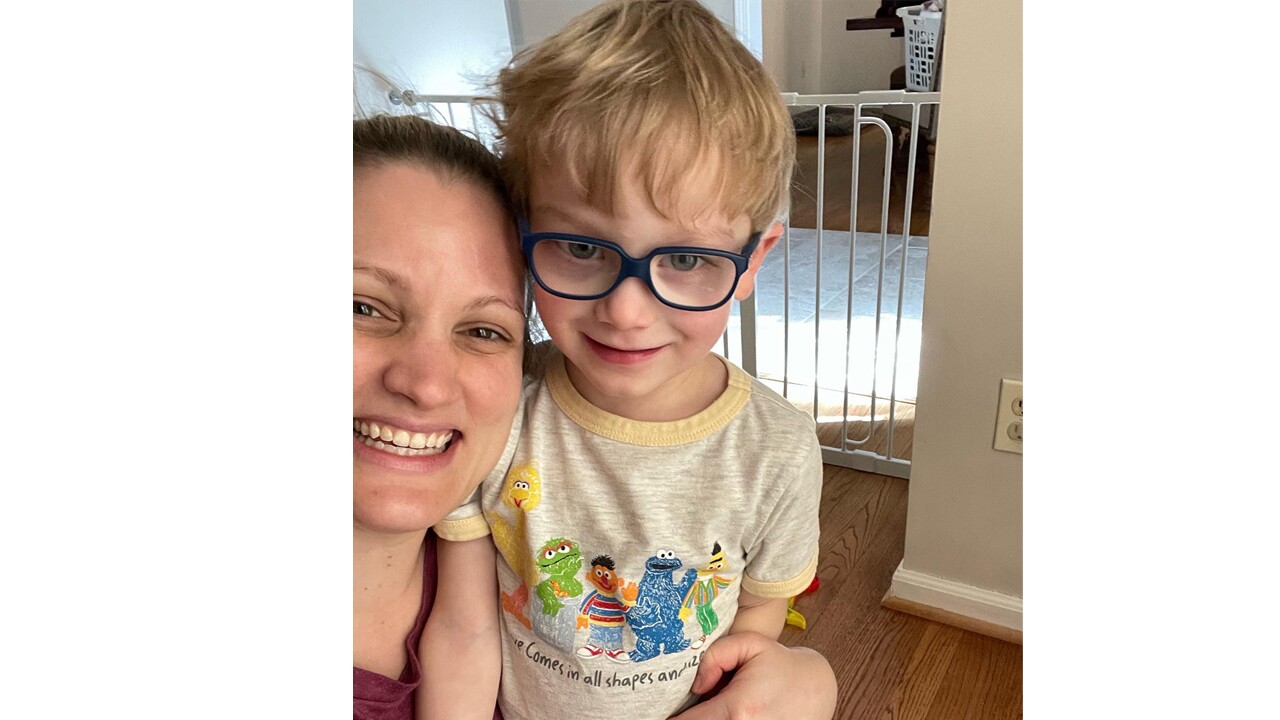
We have a device called an AAC we use to encourage Zach’s communication behaviors. The way this works is that Zach can press buttons that correlate to certain words and phrases, and the device generates an electronic voice that expresses those words and phrases out loud. For Zach, we created an Alexa button on this device, as well as buttons for some of Zach’s favorite things to ask Alexa. In particular, he loves the "Animal Sounds" skill, so he’ll press the right combination of buttons and the generated voice will ask Alexa to play an animal sound of Zach’s choice. When Alexa responds to his electronic voice, Zach gets so excited. He lights up immediately and starts running around—he gets a lot of joy from being heard and understood like that.
As a family, we love playing kids games with Alexa. In these games, Alexa prompts you with a question and waits for you to respond—and we use them as a way to encourage Zach’s speech development. When Alexa pauses, it’s signaling to Zach that it’s holding space for him to respond, and over time that teaches him to have that back and forth. Zach loves Alexa so much that playing these games has made his therapy less work and more PLAY! Playing with Alexa while learning is a huge motivator for him.
Just a few weeks ago, Zach said his first “real” word. That’s a huge milestone for any parent, but for us it was even bigger. Zach’s first word was “animal,” and he was talking to Alexa, asking to play "Animal Sounds."
We even have an Echo in Zach’s bedroom, and every night I initiate his bedtime routine. We’ve made him an Amazon Music playlist, called “Zach’s Lullaby Playlist,” and Zach will signal to us every night when he’s ready for us to get his bedtime routine underway.
Alexa has become such an important part of our lives—these days Alexa even comes on vacation with us, because we don’t want to be without such an important part of our routine. When I think back on my husband and I buying Echo devices, I’m just amazed at how essential Alexa has become to us, in a way we never could have foreseen. Alexa has been such an immensely useful tool, and we’re so grateful to have it.
Learn more about how you can incorporate Alexa into your family’s life, or read more about Alexa’s accessibility features.
If you have a story of your own about how you use Alexa, we'd love to hear it, and we will continue sharing some of our favorite #AlexaStories. Email us or tag us on Twitter or Instagram @alexa99 or #AlexaStories to share your story. Watch Alexa Stories videos to learn more about how Alexa is helping people in different ways.
Trending news and stories
- How Amazon proved its new delivery drone is safe for takeoff
- Amazon’s AI-powered ‘Interests’ feature automatically finds new products that match your passions and hobbies
- Amazon makes it easier for developers and tech enthusiasts to explore Amazon Nova, its advanced Gen AI models
- How to watch ‘Octopus!,’ coming exclusively to Prime Video



